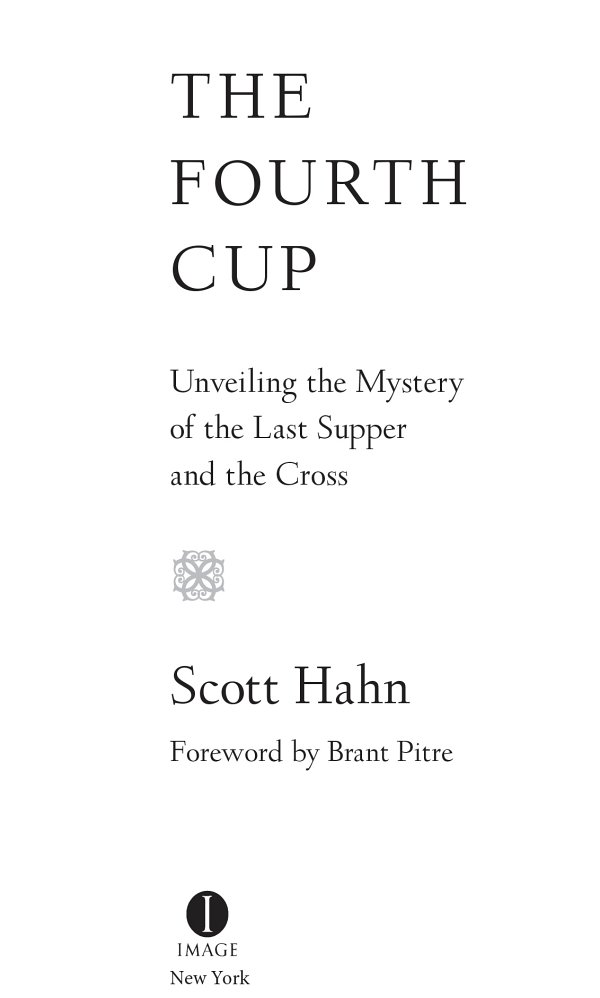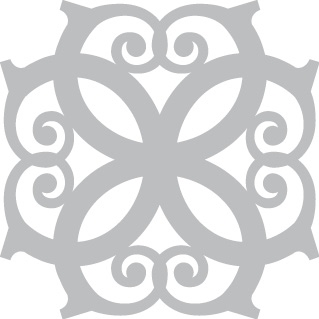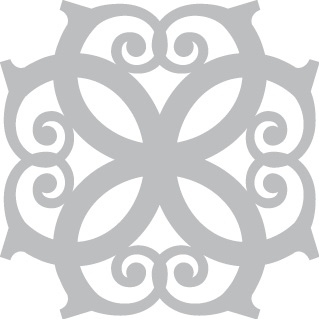Copyright 2018 by Scott W. Hahn
All rights reserved.
Published in the United States by Image, an imprint of the Crown Publishing Group, a division of Penguin Random House LLC, New York.
IMAGE is a registered trademark and the I colophon is a trademark of Penguin Random House LLC.
Foreword
BRANT PITRE
Jesus of Nazareth was a man of many mysteries. He taught in puzzling parables, he performed strange signs and wonders, he asked riddle-like question after question. And his Jewish disciples and the Jewish crowds he taughtalthough he frequently stumped themloved it.
But the mysteries of Jesus didnt end with his public ministry. According to the Gospels, he continued to do and say puzzling things right up to the moment of his death. One of the greatest riddles of Jesus Passion involves the mysterious vow that he made during the Last Supper. On the night he was betrayed, toward the end of the meal, Jesus solemnly declared that he would not drink the fruit of the vine again until the coming of the kingdom of God (Luke 22:18; cf. Matthew 26:29; Mark 14:25). Later on, when he was on the way to Golgotha and the soldiers tried to offer him wine, true to his word, he would not drink it (Matthew 26:34; cf. Mark 14:23). On the other hand, according to the Gospel of John, at the very last moment of his life, right before he died on the cross, Jesus requested for wine to be given to him, saying: I thirst (John 19:28). Even more mysterious, after drinking the wine he declared, It is finished, bowed his head, and gave up his spirit (John 19:30).
What are we to make of this riddle? How could Jesus vow at the Last Supper not to drink wine again, refuse it on the way to the cross, then turn around and ask for a drink right before he died? How can we reconcile Jesus words at the Last Supper with his words on the cross? Was he breaking his vow? Or was something else going on?
To top it all off, theres one more puzzle to ponderone that takes place between the upper room and Calvary. In the Garden of Gethsemane, when Jesus was praying about his death, he said something odd: My Father, if it be possible, let this cup pass from me; nevertheless, not as I will, but as you will (Matthew 26:39). And then again: My Father, if this cannot pass unless I drink it, your will be done (Matthew 26:42). Now, if you were about to be crucified, is this how you would have prayed? Why did Jesus speak about his death as drinking a cup? What cup is he talking about?
In The Fourth Cup, Dr. Scott Hahn gives us the keys to unlocking this mysterythe mystery of the Last Supper and the cross. He does this in two ways: first, by going back to the Jewish roots of Jesus words and deeds, and second, by telling you the story of his own personal journey from Protestantism to Catholicism. The result reads almost like a detective novelan exhilarating journey of discovery that will change the way you see the Last Supper, the Passion of Christ, and the Eucharist forever.
Ill never forget the first time I heard one of Dr. Hahns presentations on the fourth cup. I was completely blown away. It was like reading the Passion of Christ again for the first time. Dont get me wrong: its not as if I had spent nights lying awake wondering why Jesus vowed never to drink wine again at the Last Supper and why he asked for a drink on Good Friday. Nor had I wondered all that much about why Jesus talked about his crucifixion as drinking a cup. I just took these things for granted. But after listening to Dr. Hahns lecture, it was like the pieces of a puzzle that I didnt even realize were there suddenly fell into place. What I had always wondered about was this: Why do Catholics believe that the Eucharist is a sacrifice? Didnt Jesus offer himself once and for all on Calvary? What is the link between Jesus offering of his body and blood at the Last Supper and his death on the cross?
If youve ever wondered the same thing, or if youve ever celebrated a Passover seder, or if youve ever just wanted to deepen your understanding of the Jewish roots of the Eucharist, then Ive got one message for you, read this book. And dont just read it. Pray about it. Reflect on it. And share it with others.
Because if youre anything like me, once you begin to see the mystery of the Last Supper and the cross through ancient Jewish eyes, it will completely change your life. For, as Dr. Hahn shows, the Passover of Jesus that began in the upper room and was consummated on Calvary is still with us today. Whenever and wherever Mass is celebrated, the Paschal Mysterythat is, the Passover mysteryis made truly present. The Fourth Cup not only solves the mystery of Jesus vow, it will also give you the missing link between the upper room and Golgotha and help you to see more clearly how the sacrifice of Christ at the Last Supper and the sacrifice of Christ on Calvary are the same sacrifice poured out for the forgiveness of sins and the redemption of the world (Matthew 26:28).
Preface
In 1989 at Marytown in Chicago I first gave a talk titled The Fourth Cup. It was about some of the studies that had led to my conversion to Catholicism just three years before. I was, at the time, an assistant professor of religious studies at the College of St. Francis in Joliet, Illinois. I wasnt earning much. I had no tenure or publications. But I was a happy man because I was Catholic, and I wanted to tell the world. Now I had an opportunity.
It pleased me that I could tell my story to a small assembly of interested folks. It pleased me more that they responded so fervidly to my talk. Word spread, and other groups invited me to tell the tale of my Hunt for the Fourth Cup, which I cast as a detective story, starring myself as the hapless investigator, which I am. (Peter Falks Columbo was my model.)
That was, of course, millions of words ago, dozens of books ago, thousands of lectures ago. I have long since lost count of the number of times I spoke on The Fourth Cup. Its definitely in the high hundreds. Ive delivered this talk on several continentsalmost on site at the upper room in Jerusalemand Ive even told the tale at sea!
Last year I was talking with an old friend whos heard me give the talk on several occasions over the years. He pointed out that I never give The Fourth Cup the same way twice. I always cover the same time period, but I draw from different events and different ancient sources.
I acknowledged that he was right. I underwent that great adventure from 1982 to 1986, when I was a young husband, a new father, a recently ordained pastor, and a neophyte scholar. I was encountering so much of life for the first timeand then God introduced tumult and turmoil that threatened everything I was just beginning to love. I stood to lose everything that had given me comfort and confidence. My pastorate, my academic position, my friendships, even my marriage seemed capable of collapse.


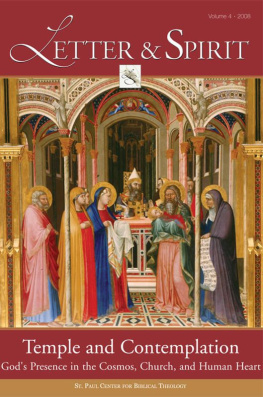
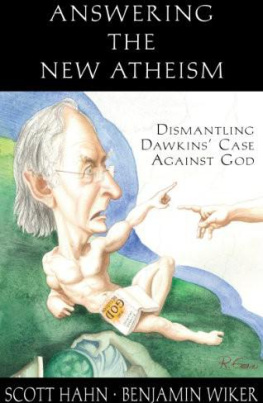
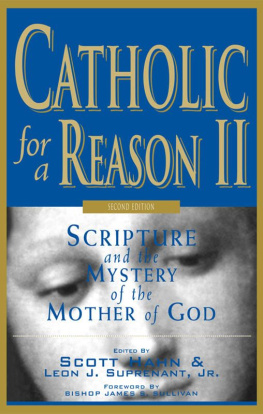
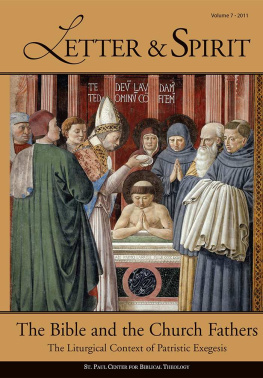
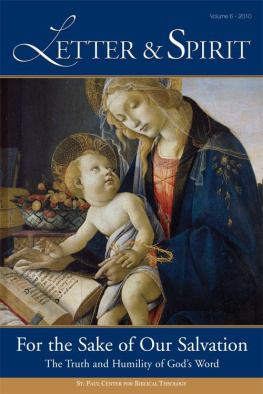
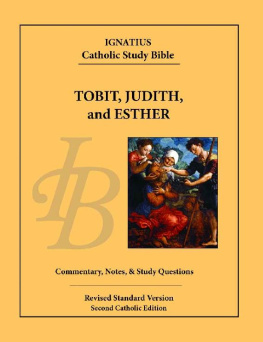
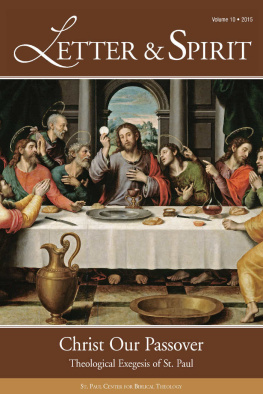
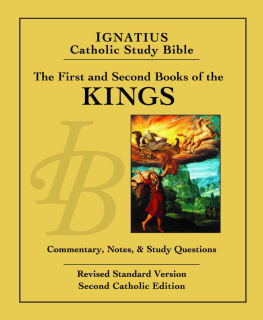
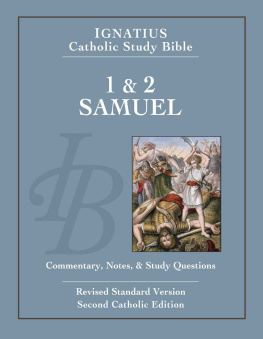
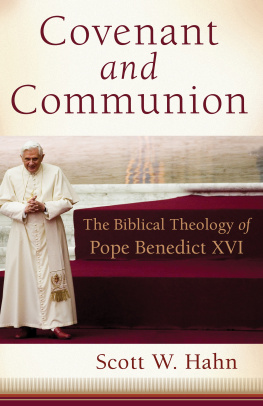
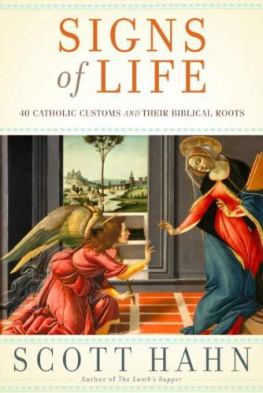
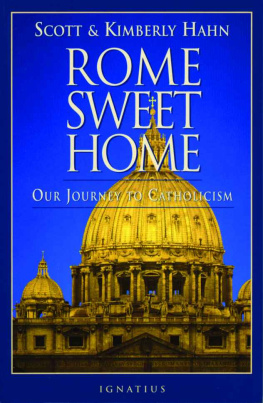
![Scott Hahn [Inconnu(e)] - Letter and Spirit: From Written Text to Living Word in the Liturgy](/uploads/posts/book/134755/thumbs/scott-hahn-inconnu-e-letter-and-spirit-from.jpg)
